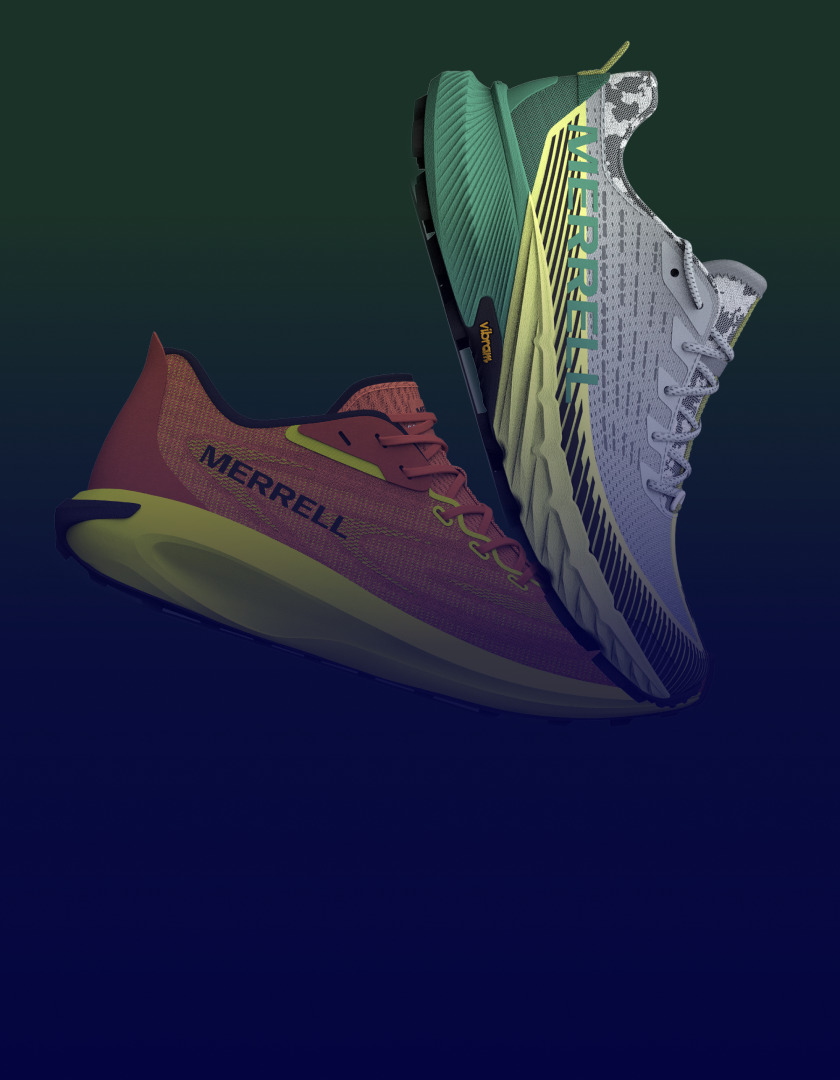Streamlining Sourcing and Private Label Development
Big Lots sells consumables, electronics/accessories, furniture, hard home goods, seasonal and soft home goods, as well as a range of packaged foods including snacks, beverages and kitchen staples. With 14,000 SKUs to handle, they were looking for a software platform to improve the visibility, clarity, consistency and alignment of processes and data in order to address significant inefficiencies in global sourcing, replacing manual (Excel-based) systems with comprehensive PLM. This would improve collaboration between buyers, merchandising, agents and supplier teams by leveraging a single platform to drive tasks and activities.

To stay competitive, Big Lots also wanted to streamline private label sourcing and development for both food and non-food items by improving supplier collaboration and speeding up the RFQ to product adoption process. By investing in PLM, they aimed to increase margins, automate costing, better manage new product selections and introductions and shorten product development timelines by optimizing key processes throughout the product lifecycle.
Why Centric?
Big Lots chose to implement Centric PLM™ due to Centric’s retail industry expertise, high level of configurability and user-friendly interface. They were also impressed by Centric’s Agile Deployment methodology, best practices and change management abilities in moving to enterprise systems from Excel-based processes.
The flexibility and best practices embedded in Centric PLM and the project’s Agile Deployment methodology enabled us to react quickly and gave us immediate visibility when the US made the decision to impose tariffs on Chinese goods.
Collaboration Drives Speed to Market
Big Lots began using Centric PLM to manage the assortment planning, sourcing and merchandise planning of non-food lines and has since expanded the solution to include food items. Thanks to Centric’s flexibility and configurability, Big Lots now uses it to manage 206 classes of products in 31 departments across all divisions.
On the private label side, Big Lots uses Centric PLM to efficiently manage the merchandise planning and creative and conceptual design process.
With active supplier collaboration from the outset, teams use Centric PLM to send out supplier requests en masse, receive product proposals from vendors, compare quotes and convert successful responses into products for development and retail, kicking off the next stages of the product lifecycle such as quality, packaging, artwork and copy. This speeds up the process of quoting, promoting and adopting products for launch to market.
Once a product is confirmed, crucial information such as finalized ingredient lists and compliance information becomes available for packaging and legal teams. Changes are updated in real time, giving both internal and external teams an accurate and reliable ‘single source of truth’ that reduces errors and enhances collaboration.
New to Centric PLM? Learn more
Centric AI Fashion Inspiration Learn more
What is Centric Planning? Learn more
Demand Planning Learn more
Assortment Planning Learn more
Allocation and Replenishment Learn more
What is Centric Pricing & Inventory? Learn more
What is Centric Market Intelligence? Learn more
Centric Visual Boards Learn more

















